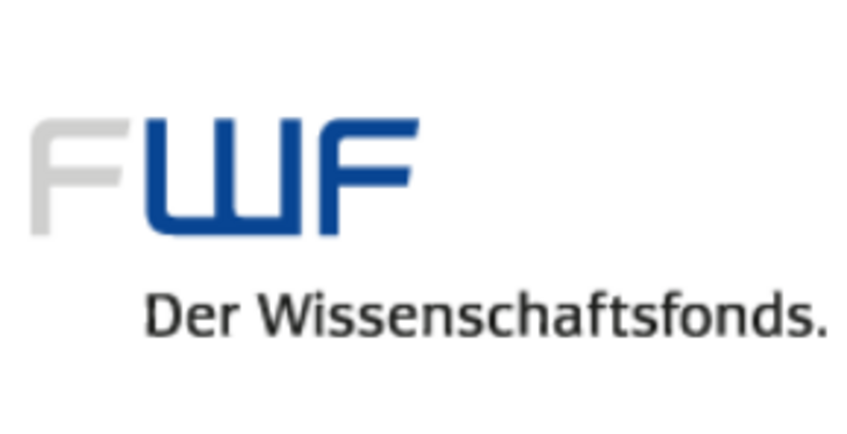Project: Unalternative Constraints Crosslinguistically
FWF Project P 29180-G23
This 3-year FWF funded research project is about focus cross-linguistically. Our goal is to connect up recent formal and typological work on the realization of focus in various languages with the formal semantics/pragmatics of focus. Our main interest is in analyzing focus in languages that use other means than stress and accent to realize focus, for example focus constructions, focus marking morphemes etc.
While a lot about such focus marking strategies has been uncovered in the past two decades, it has rarely been connected to the formal semantics/pragmatics of focus. Usually, focus semantics starts from privative syntactic markers, usually written "F", which feed into the generation of focus alternatives and ultimately, pragmatic conditions on these alternatives.
Successful though this program has been for the English and other European languages, especially those that, like English, realize focus by stress and/or accent, it is far from clear that F-markers are well-suited to connect up to focus realization in other languages.
Our project employs a more general machinery for generating semantic focus alternatives, Unalternative Semantics, which is based on two simple relational constraints. These constraints my be activated by prosodic relations, as is arguably the case in English, Dutch or German. But they may also be tied to syntactic configurations, morphological markers, prosodic phrasings etc., without the need to shoe horn these into some version of F-marking.
Of special interest to us are focus ambiguities, i.e. the question, which broad and narrow foci may be realized by the same marking. In Germanic, this is tied to the notion of "F(ocus)-Projection". We hope that a careful comparison of the ambiguity patterns in various languages may lead us to more general insights about the nature of alternative generation cross-linguistically.

